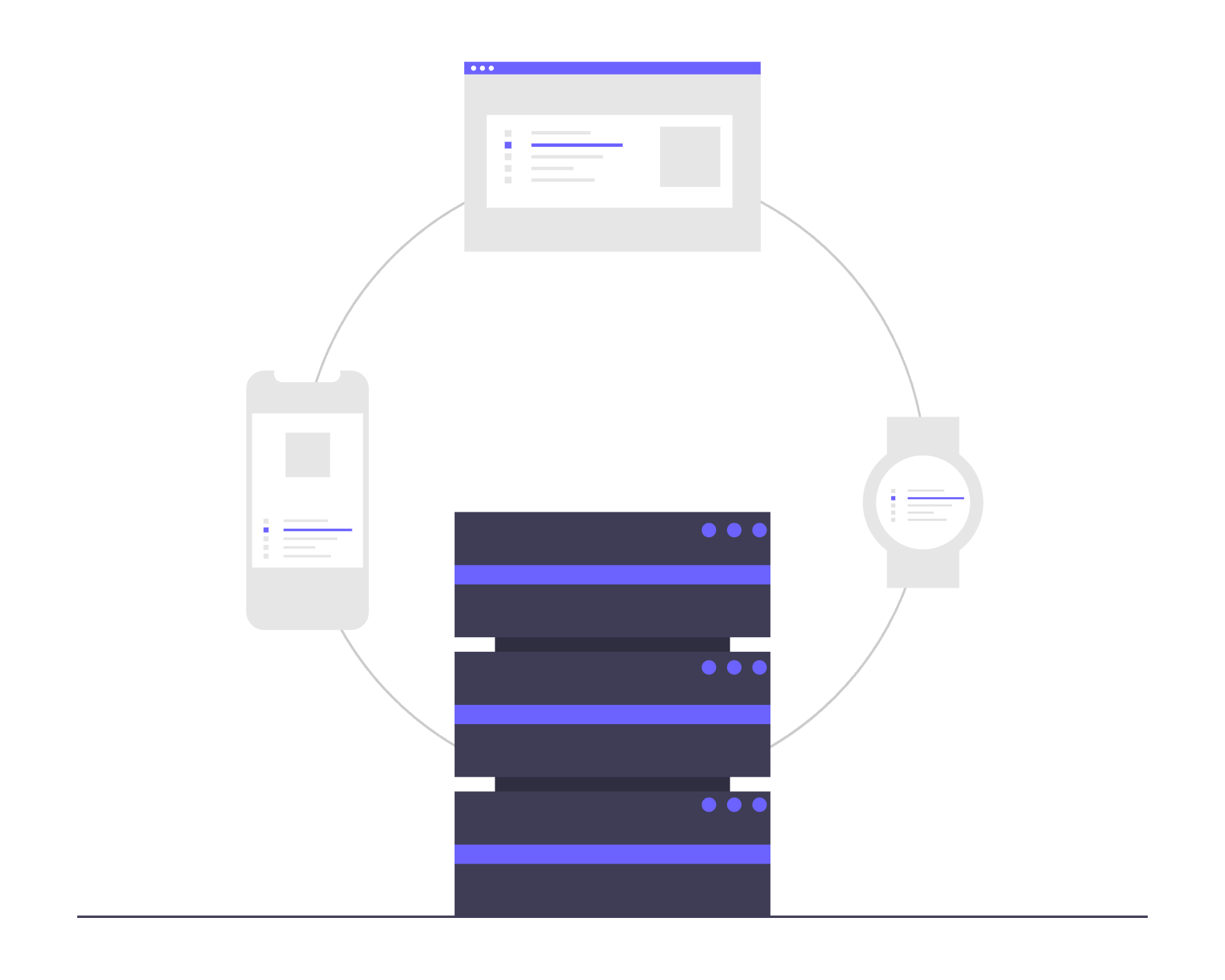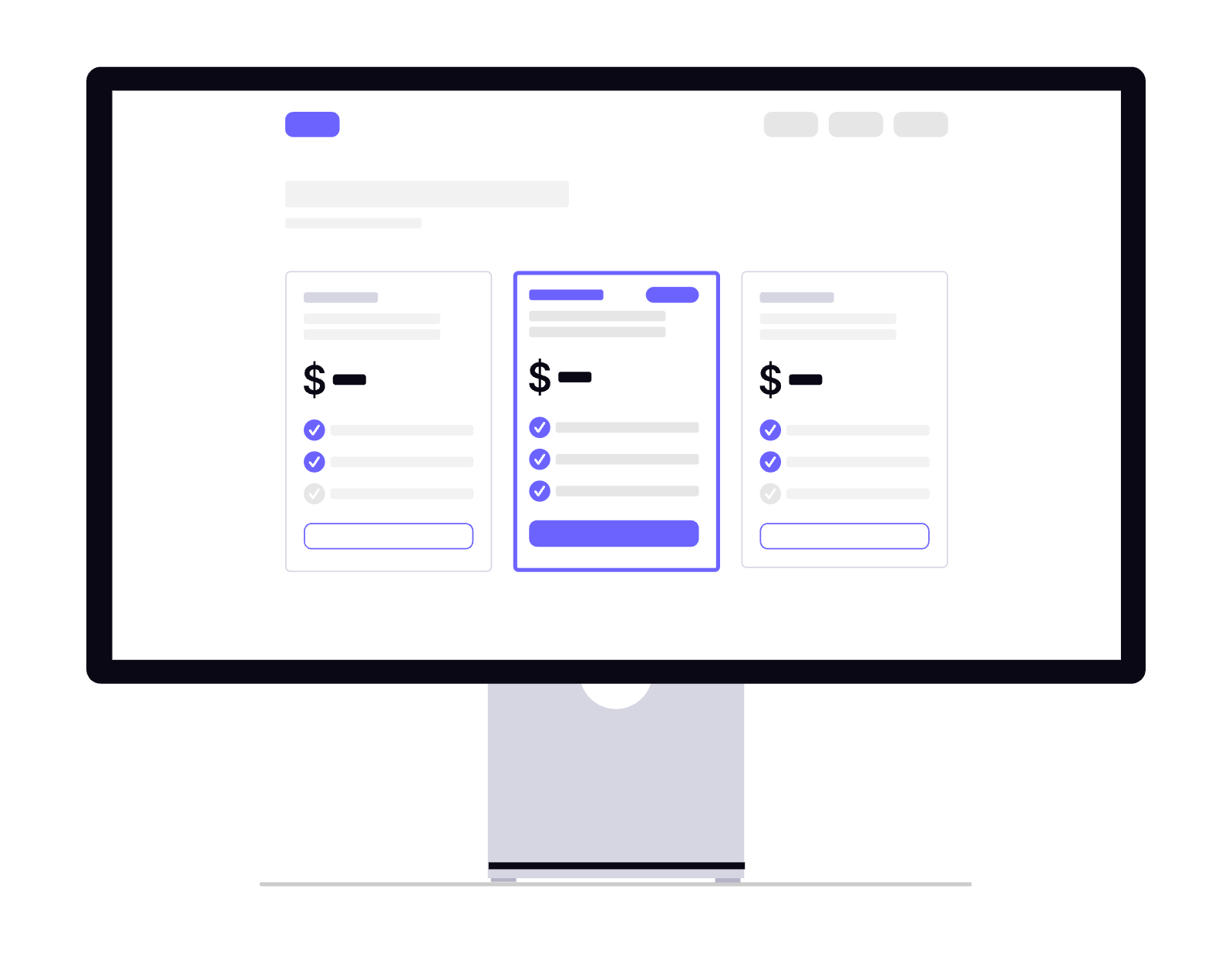Why Backend Development in Frappe Matters
Frontend determines how your app looks.
Backend determines how your app works.
In Frappe, backend development means:
- Writing Python methods for business logic
- Using Frappe ORM to interact with the database
- Creating custom API endpoints
- Running scheduled tasks
- Sending notifications to users
1. Writing Python Methods in DocTypes
Every DocType can have a Python controller file (created when you used –create-controller).
Example: Auto-set a status when due date passes.
import frappe
from frappe.model.document import Document
from datetime import date
class ToDoPlus(Document):
def before_save(self):
if self.due_date and self.due_date < date.today():
self.status = "Overdue"Key events you can use:
- before_insert(self) – Before a new record is saved
- validate(self) – Data validation before saving
- before_save(self) – Runs before save (update or insert)
- on_update(self) – Runs after saving
- on_trash(self) – Runs before delete
2. Using Frappe ORM for Data Operations
Instead of writing SQL, you can use Frappe ORM.
Get all pending tasks:
tasks = frappe.get_all(
"ToDo Plus",
filters={"status": "Pending"},
fields=["name", "title", "due_date"]
)
Get a single document:
doc = frappe.get_doc("ToDo Plus", "TASK-0001")
Create a new record:
doc = frappe.get_doc({
"doctype": "ToDo Plus",
"title": "Prepare Blog Draft",
"status": "Pending"
})
doc.insert()3. Creating Custom API Endpoints
You can expose Python functions as REST APIs by whitelisting them.
In todo_plus/api.py:
import frappe
@frappe.whitelist()
def get_overdue_tasks():
return frappe.get_all(
"ToDo Plus",
filters={"status": "Overdue"},
fields=["name", "title", "due_date"]
)
Access via API:
curl -X GET \
"http://mysite.local/api/method/todo_plus.api.get_overdue_tasks" \
-H "Authorization: token <api_key>:<api_secret>"4. Scheduling Background Jobs
Frappe’s scheduler can run tasks automatically at intervals.
In todo_plus/tasks.py:
import frappe
from datetime import date
def mark_overdue_tasks():
frappe.db.set_value(
"ToDo Plus",
{"due_date": ("<", date.today()), "status": "Pending"},
"status",
"Overdue"
)
In hooks.py:
scheduler_events = {
"daily": [
"todo_plus.tasks.mark_overdue_tasks"
]
}5. Sending Notifications
Use Frappe’s notification system to alert users.
Example:
frappe.sendmail(
recipients=["user@example.com"],
subject="Task Overdue",
message="One of your tasks is overdue. Please check."
)You can also create notifications directly from Desk → Notifications without coding.
Key Learnings from Part 4
- How to write server-side logic with DocType controllers
- How to use Frappe ORM for database operations
- How to create custom API endpoints with @frappe.whitelist()
- How to schedule jobs with Frappe’s scheduler
- How to send email notifications programmatically
What’s Next?
In Part 5, we’ll work on Frontend Development in Frappe:
- Custom pages with Jinja templates
- Client scripts for interactivity
- Modifying form layouts
- Using REST APIs in the frontend








